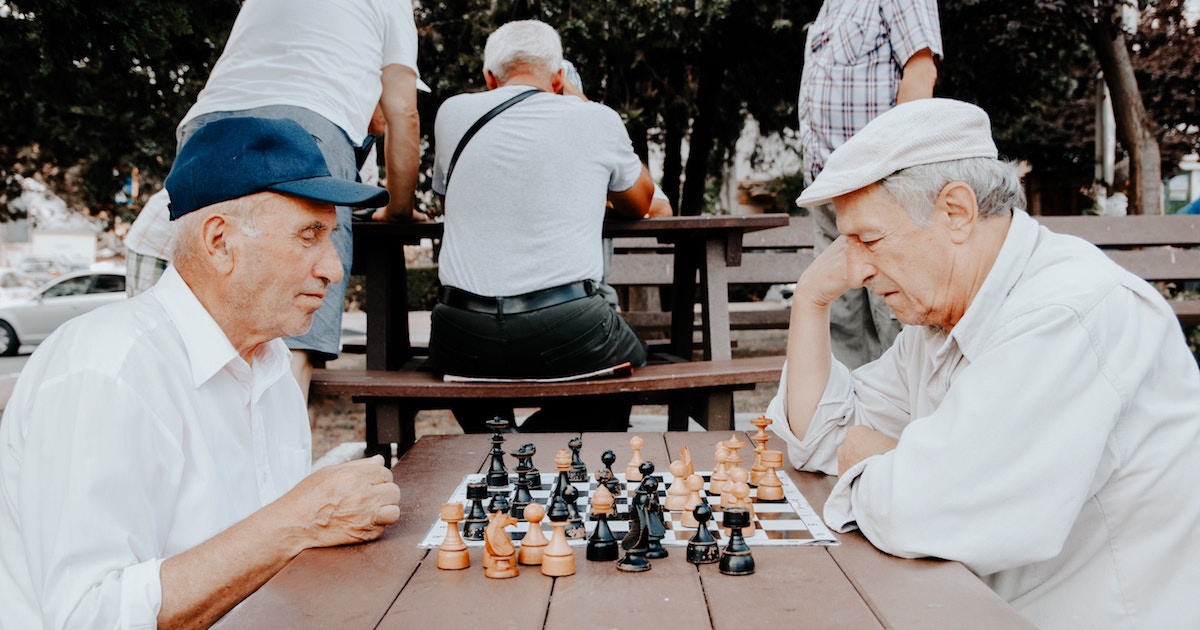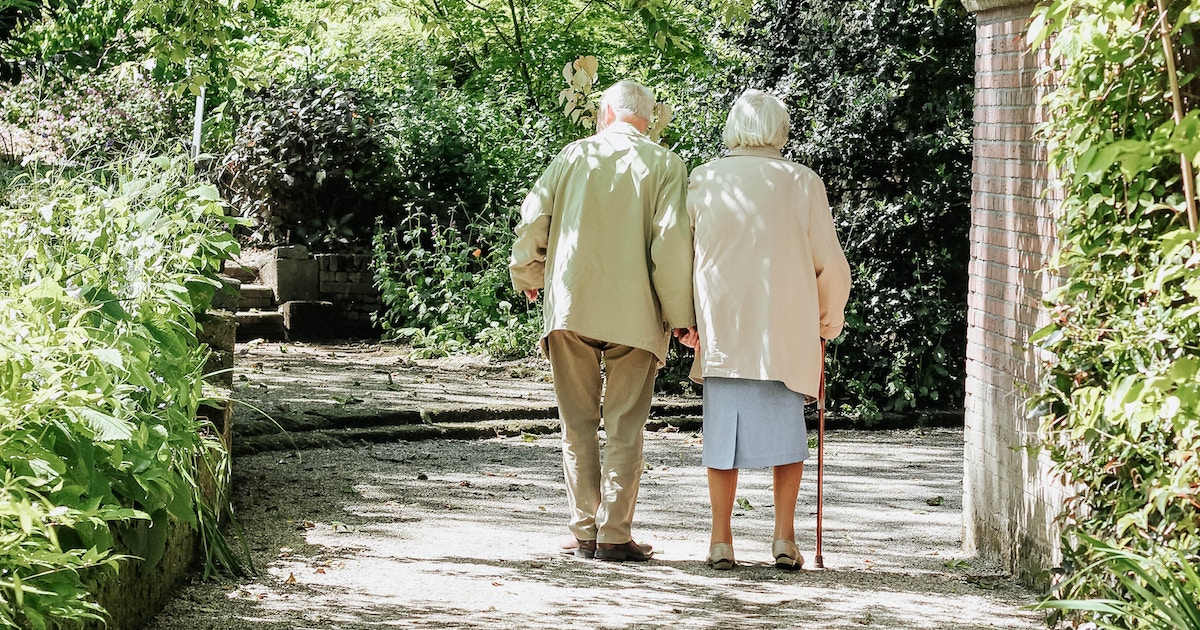
How (And Why) to Become a Geriatric Social Worker
The baby boom has turned into an elder boom, creating [...]
If you’re looking for a prestigious Master of Social Work (MSW) you can earn online, Boston University‘s School of Social Work (BUSSW)__ has to be on your short list.
Ranked tenth in the nation by US News and World Report for the second year running in 2019, Boston University’s social work program is one of only three top-10 programs to offer its Master of Social Work (MSW) online (Columbia University and Case Western University are the other two).
| University and Program Name | Learn More |
|
Virginia Commonwealth University:
Online Master of Social Work
|
BUSSW integrates a focus on diversity, ethics, populations-at-risk, and social and economic justice throughout its MSW curriculum.
Unlike many online programs that offer only a clinically focused curriculum online, BUSSW also offers a second, non-clinical major. The two professional practice majors offered are:
Clinical social workers focus on the mental health and overall well-being of those they serve. They often help individuals through challenging circumstances. Through coursework and field training, students in this major learn how to perform assessment and diagnosis, and they develop competencies for the treatment and prevention of various emotional and behavioral issues. Students also learn how to manage the therapeutic relationship with their clients.
MSWs who graduate with this major often work in such settings as:
Macro social work attracts those who want to shake up the world. These individuals are interested in championing change and addressing social problems on a larger scale than is possible through one-on-one therapy. Macro social workers work in community empowerment and outreach, public policy and planning, and in public and private agencies.
The macro social work education track emphasizes service and action in:
Students in each major may also add a minor in the other.
BUSSW staff includes a field team dedicated to MSW field placements. A well-developed international network allows the school to arrange fieldwork for students in their home communities.
In assigning field placements, BUSSW engages students in a unique collaborative process that involves the student, the student’s academic advisor, and the field education team in finding the best field opportunity. While the school manages the placement process and makes the final decision, student input is solicited and students do have some say over where they complete this requirement.
For students working full-time, their place of employment may serve double duty, earning them credit as an official field placement. The field placement office determines whether a student’s place of employment meets the requirements for fieldwork credit.
Befitting an online program, BUSSW aspirants complete their applications online. The school does not require standardized testing nor a minimum GPA for traditional standing or human services applicants. Advanced standing applicants must have a minimum undergraduate GPA of 3.0.
A completed application includes:
Human Services candidates should have a minimum of two years of supervised human services experience, verified by both the employer and BU, to be considered for the Human Service Experience (HSE) track.
Professor DeVoe’s areas of expertise include military families and veterans, and trauma and violence. Her work focuses on the impact of domestic and community violence on children and families and on developing interventions to minimize the resulting trauma. She recounts that the events of September 11th brought a new purpose and refinement to her work; she refocused on “intervention research,” studying how trauma affects parents, including military veteran parents and families.
As a leading expert in this area, Devoe’s research has been supported by:
She also serves on the National Academy of Sciences, Engineering & Medicine Consensus Committee on the Wellbeing of Military Families.
For the last ten years, Devoe has worked with the Department of Defense in developing and overseeing Strong Families Strong Forces; this program is aimed at support military personnel and their families through their cycles of deployment and reintegration to civilian life.
Professor Lenette Azzi-Lessing specializes in children, youth and families; community engagement; program evaluation methods; and social policy and poverty. Azzi-Lessing is particularly committed to ensuring the well-being of children and their families with a focus on children in the child protective system, and to improve the circumstances of those living in poverty.
Honing her expertise before arriving at BUSSW, Dr. Azzi-Lessing was a professor of social work at Wheelock College, where she was founder and director of its graduate certificate program in early childhood mental health and faculty leader of the university’s Partnership for Early Childhood Development in the Eastern Cape of South Africa. A tireless advocate for children at risk, Azzi-Lessing has been a member of the Child Welfare League of America’s National Joint Commission and co-chaired the League’s Committee on Prevention, Protection, and Family Preservation for several years. She has also served on the advisory board to the National Center for In-Home Services for Children and Families.
BUSSW boasts two research centers that serve as a primary source for innovation and advancement in social work practice:
BUSSW admits students three times a year for terms starting in September, January, and May. Applications are due approximately seven weeks prior to the start date; contact the school for exact deadlines, which change from year to year.
For students commencing the MSW program in the 2019-20 academic year, BUSSW charges $850.00 a credit. The school cautions that this rate is not guaranteed for the duration of the program; fees typically rise by $25 per credit each tuition year.
Traditional standing students in the online track must complete 65 total credits at $850.00 per credit. There is also a fixed price of $60 per semester for student fees. Estimated total cost for the online MSW program is $56,000.
Students who pursue the online/hybrid option at the Worcester campus pay less due to the associated fees with the in-person portion. The hybrid program charges $726 per credit for the first 18 credits on-campus with a total estimated cost of $13,000. The second year is spent in the online program and costs $39,950. This offers approximately $10,000 in savings over the online format.
The BUSSW financial aid page provides a number of ways to fund the online degree including loans, work study, and employer reimbursement plans.
BUSSW offers a robust alumni network of over 9,000 social workers along with a busy schedule of ongoing networking events. A dedicated alumni web page provides a complete list of all the ways to stay connected.
The BUSSW career development office delivers workshops on licensure, resume writing, and interviewing; it also hosts a MSW Alumni and Student mixer to forge career connections. Additionally, the University Career Center offers digital resources to assist students in their job search.
Questions or feedback? Email editor@noodle.com

The baby boom has turned into an elder boom, creating [...]

Navigating end-of-life care is hard, no matter what the circumstances. [...]
Categorized as: Social Work, Social Work & Counseling & Psychology